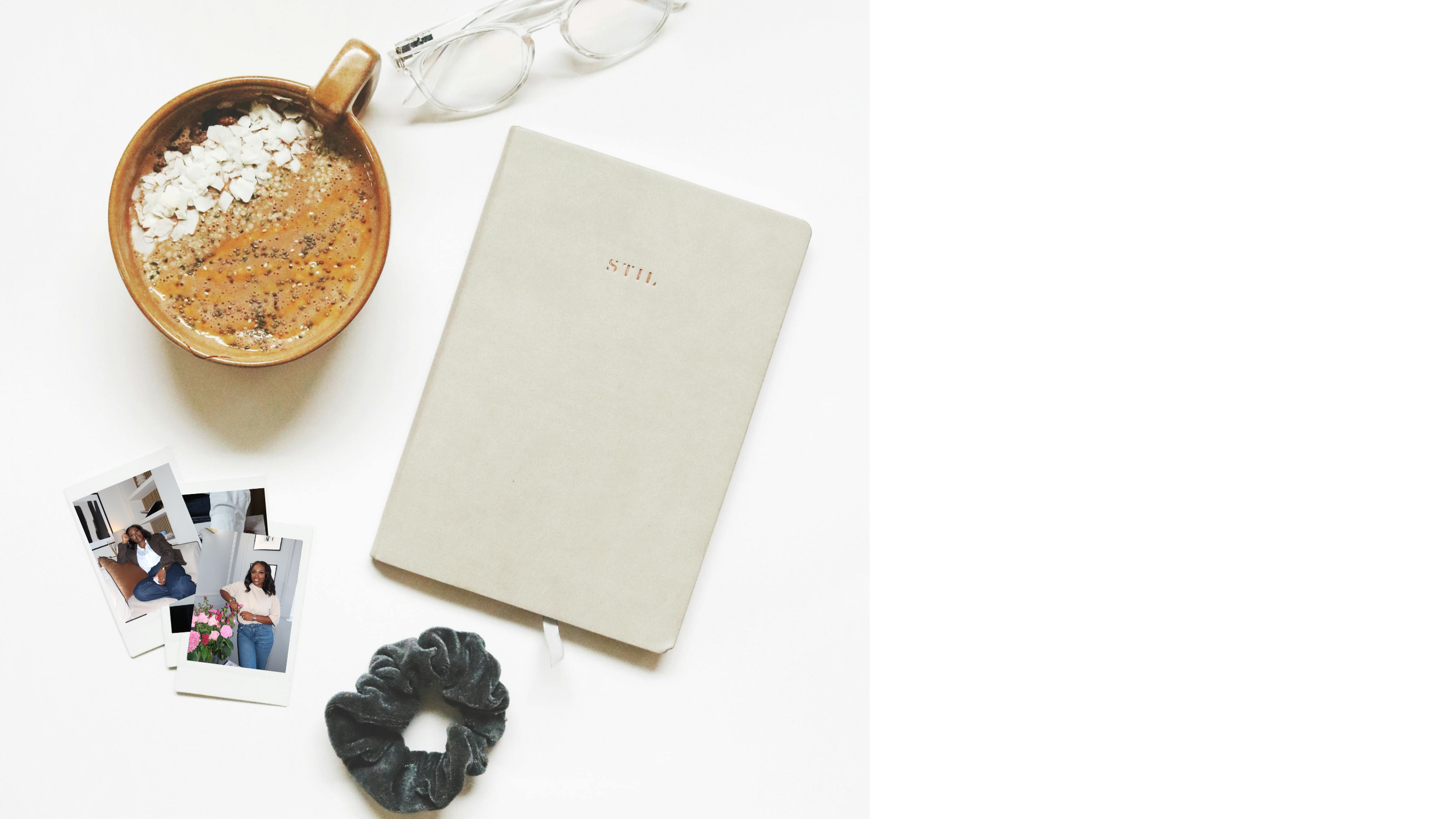Choosing a Name That Fits Us All

Why Black Weddings? Choosing a Name That Fits Us All
When I first set out to create my coffee table book, I spent months wrestling with what to call it. The title had to carry weight; it had to represent a world of stories and traditions. This wasn’t just any book—it was a celebration of us, our people, and our weddings.
The first name that came to me? African Weddings. It made sense. As someone who holds my Rwandan heritage close to my heart, I wanted the book to reflect the vibrant culture that I know so well.
But the more I thought about it, I realised something. African weddings don’t just belong to those from the continent. Our people, our traditions, and our stories stretch far beyond. They are braided into the lives of Caribbeans, African Americans, and the entire Black diaspora.
So, I tried Our Weddings next. Inclusive, yes—but too vague. The title needed to speak clearly to who this book was for. And “our” didn’t feel strong enough. I wasn’t creating this for “everyone.” I was creating this for us.
Then came the conversations about using the word Black.
The term Black can feel complicated, even now. It’s not perfect. It doesn’t resonate with everyone. For some, it’s rooted in strength and unity; for others, it feels too broad or limiting. But if not “Black,” then what? I asked myself this over and over:
— Do I use African diaspora? It’s accurate, but formal. It doesn’t say coffee table book.
— Do I focus on culture or tradition? But whose traditions? From where?
Ultimately, Black Weddings felt right. Not because it was perfect, but because it was powerful.
The word Black holds so much history. It represents communities that are as connected as they are diverse—Caribbean, African, American, British, and beyond. It tells a story of resilience, beauty, and togetherness. Black honours the overlaps in our cultures, while leaving room for individuality.
Because that’s the thing about our weddings—they’re beautifully layered.
A Black wedding might include a Nigerian bride in a Yoruba aso oke paired with a Jamaican groom. It might mean a ceremony in Brooklyn or gathering aunties to celebrate marriage in Ghana. Black is broad enough to hold these worlds—and unapologetic enough to celebrate them.
Did I worry about alienating people with the title? Of course. There’s no one term that will fit all of us perfectly. But Black Weddings tells you immediately what this book is about: a celebration of love in all its rich cultural beauty.
It’s not about erasing differences—it’s about uniting them. Whether you identify as African, Caribbean, or African-American, you are represented here. And if the word Black means different things to different people, maybe that’s part of its magic. It holds multitudes—just like our weddings.
I’d love to hear your thoughts. Does the term Black Weddings resonate with you? What words do you feel reflect your cultural identity when it comes to weddings? Let’s talk about it.





